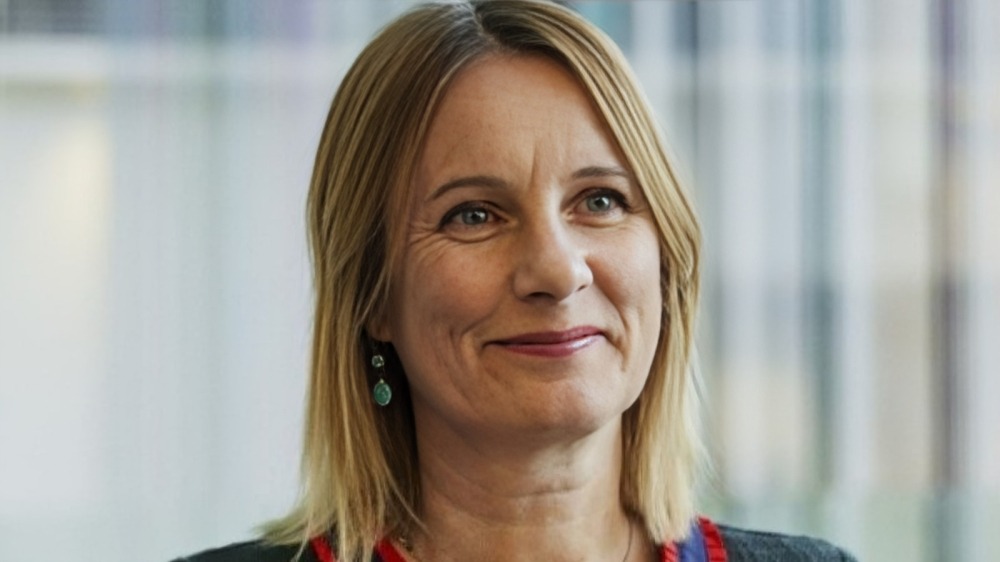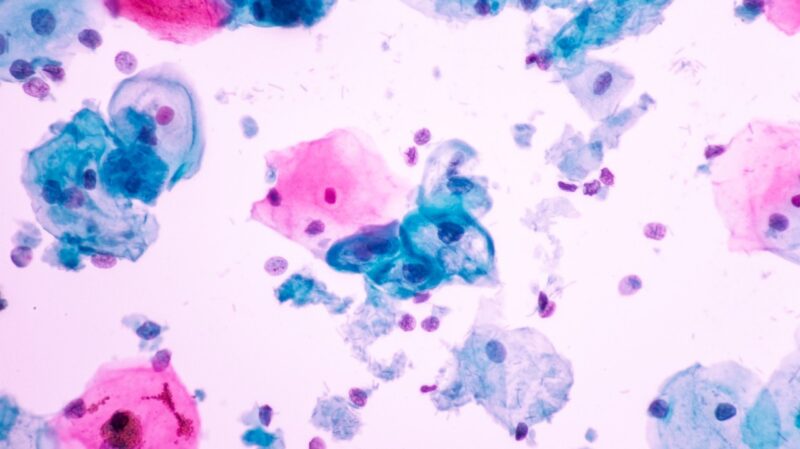
Michelle Mitchell: Beating Cervical Cancer Must Mean Beating It for All
Michelle Mitchell, Chief Executive of Cancer Research UK (CRUK), shared a post on LinkedIn:
“Today, the Department of Health and Social Care announced that they’ll be introducing self-sampling home kits for cervical screening.
With vaccination rates having declined in recent years and screening uptake falling below NHS England targets, this is an important step towards a future where almost nobody gets cervical cancer, 25 years after our scientists helped uncover the link between human papillomavirus (HPV) and the disease.
Read my thoughts in full, as published in today’s MailOnline.

Beating cervical cancer must mean beating it for all
In the UK, hundreds of women die every year from cervical cancer and around 3,300 new cases are diagnosed.
The mortality rate has dropped by around three quarters since the early 1970s, thanks to the success of vaccination programmes, screening and the tireless work of NHS staff. But that progress, including NHS England’s ambitious goal of eliminating the disease by 2040, could be at risk.
Around 25 years ago, Cancer Research UK scientists helped uncover the link between human papillomavirus (HPV) and cervical cancer – which causes 99.7 per cent of cases. This discovery laid the foundation for modern screening and vaccination programmes, and today anyone aged 11 to 13 is eligible for vaccination in the UK.
Worryingly, the number of people getting the HPV vaccine is heading in the wrong direction. Before the pandemic, around 89 per cent of year nine girls were vaccinated but, by 2023-4, this fell to around 74 per cent.
And, in the same year, just 76.9 per cent of women were screened for cervical cancer by the age of 35. This falls well short of NHS England’s targets of 90 per cent vaccination uptake and 80 per cent screening uptake.
The results saw a 22 percent increase in women being tested who had previously not attended screening.
This problem needs to be addressed. We know that some women receive their screening invitation and think, “Do I really want to do this? Will it be awkward? When will I find the time?” Our own surveys show that barriers like embarrassment, worries about pain, and work commitments stop nearly 30 per cent of people from attending screening.
That’s why today’s announcement from the Department of Health and Social Care to introduce self-sampling home kits is such an important step forward. It will help to break down some of the barriers people face and has the potential to improve participation rates in cervical screening by allowing people to take a sample in the privacy of their own home.
We know this approach works. The YouScreen trial, led by Dr Anita Lim and supported by Cancer Research UK, provided HPV self-sampling test kits to over 8,000 women who were at least six months overdue for cervical screening. The results saw a 22 percent increase in women being tested who had previously not attended screening.
However, if NHS England is to reach its ambitious target, the UK government must commit to investing more in cancer research, as well as rolling out innovations like self-sampling, to reach the people who need them most.
Behind the nine women diagnosed with cervical cancer in the UK every day is a person – a mother, a daughter, a friend.
More must be done to tackle the inequalities that still exist in our healthcare system, particularly improving access for those in deprived areas and ethnic minorities, who face challenges in accessing appointments.
For now, if you receive a screening invitation, or a self-sampling kit, please consider attending or using it, and encourage your loved ones to do the same. Beating cervical cancer means beating it for everyone, so I urge all parents and guardians to ensure young people don’t miss out on getting the HPV vaccine.
Behind the nine women diagnosed with cervical cancer in the UK every day is a person – a mother, a daughter, a friend. With bold action, we can ensure that we can bring about a world where everybody can live longer, better lives, free from the fear of cancer.”
More posts featuring Michelle Mitchell on OncoDaily.
-
Challenging the Status Quo in Colorectal Cancer 2024
December 6-8, 2024
-
ESMO 2024 Congress
September 13-17, 2024
-
ASCO Annual Meeting
May 30 - June 4, 2024
-
Yvonne Award 2024
May 31, 2024
-
OncoThon 2024, Online
Feb. 15, 2024
-
Global Summit on War & Cancer 2023, Online
Dec. 14-16, 2023
